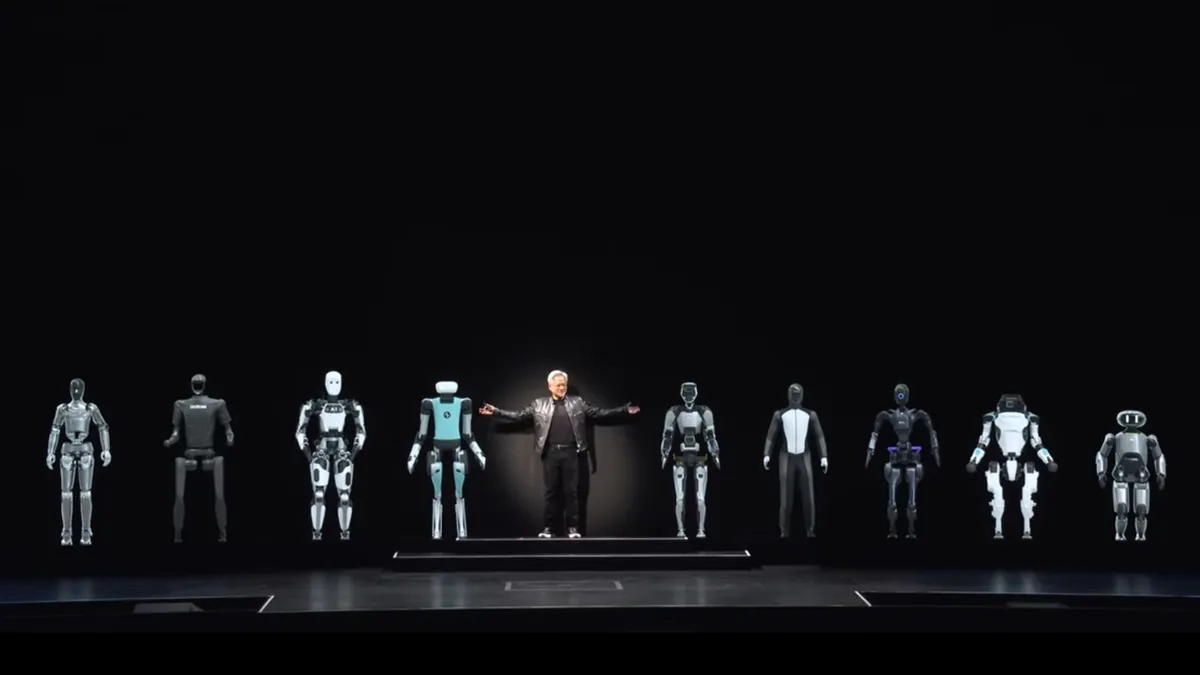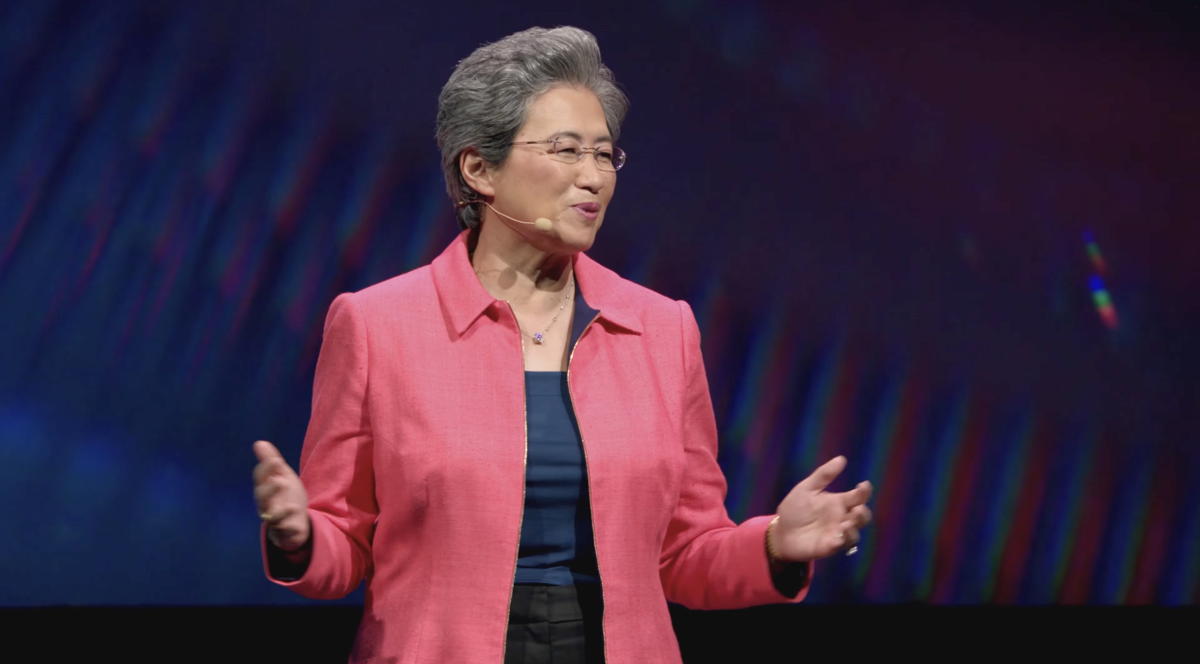Nvidia, AMD Hawk AI Chips As Computex Opens

Nvidia’s Huang, AMD’s Su kick off Computex in battling speeches with plans for AI data centres, AI-tuned desktop chips
Nvidia chief executive Jensen Huang and AMD chief Lisa Su both promised rapid upgrades for their artificial intelligence (AI) accelerator chips in battling speeches to kick of the Computex trade show in Taipei, Taiwan, in a sign of how AI has come to dominate the tech industry spotlight since the launch of ChatGPT in November 2022.
Su was originally picked to deliver the conference’s keynote speech on Monday, but Huang upstaged her by holding a two-hour event of his own on Sunday, where he teased a platform planned for 2026 called Rubin.
Huang didn’t give many details about the platform, named after Vera Rubin, an American astronomer who helped to discover dark matter, but said it is planned to run on next-generation HBM4 memory.
Memory manufacturers such as market leader SK Hynix have seen heavy demand for high-bandwidth memory (HBM) chips, contributing in April to the largest drop in South Korean firms’ chip inventories since 2014.

‘AI factories’
Huang said that because of AI computers are no longer “just an instrument for information storage or data processing, but a factory for generating intelligence for every industry”.
“We started with accelerated computing, and now, an industrial revolution,” Huang said. “Your computer [will not just] be a tool that you use. The computer will now generate skill. This is in our near future.”
Current products such as the Blackwell graphics processing unit (GPU) and CUDA software framework are designed to power data centres he called “AI factories” enabling developers to create high-performance AI applications for a range of industries, Huang said.
“We serve every single industry, from healthcare, financial services, the computer industry, automotive industry – just about every major industry in the world and every field of science,” he said.
Huang spoke of “digital humans” powered by Nividia ACE (Avatar Cloud Engine) that could use generative AI in customer service or other environments, and said the next step for the technology was robotics and “physical AI” using its Omniverse training and development platform.

AI PCs
AMD has a history of challenging dominant companies such as Intel, and Su, who like Huang was born in Taiwan, said in her Monday speech the company plans to target Nvidia in the data centre with annual upgrades in 2025 and 2026 and plans to speed up the rate of improvement in the chips’ capabilities.
But much of her presentation focused on AMD’s desktop chips that are tuned for AI tasks, such as Microsoft’s OpenAI-based Copilot+ tools, allowing them to reduce power consumption and extend battery life.
Qualcomm was earlier than AMD to release chips for so-called AI PCs, but AMD’s competing chips are due from July. The area is one in which Nvidia does not have a comparable offering.